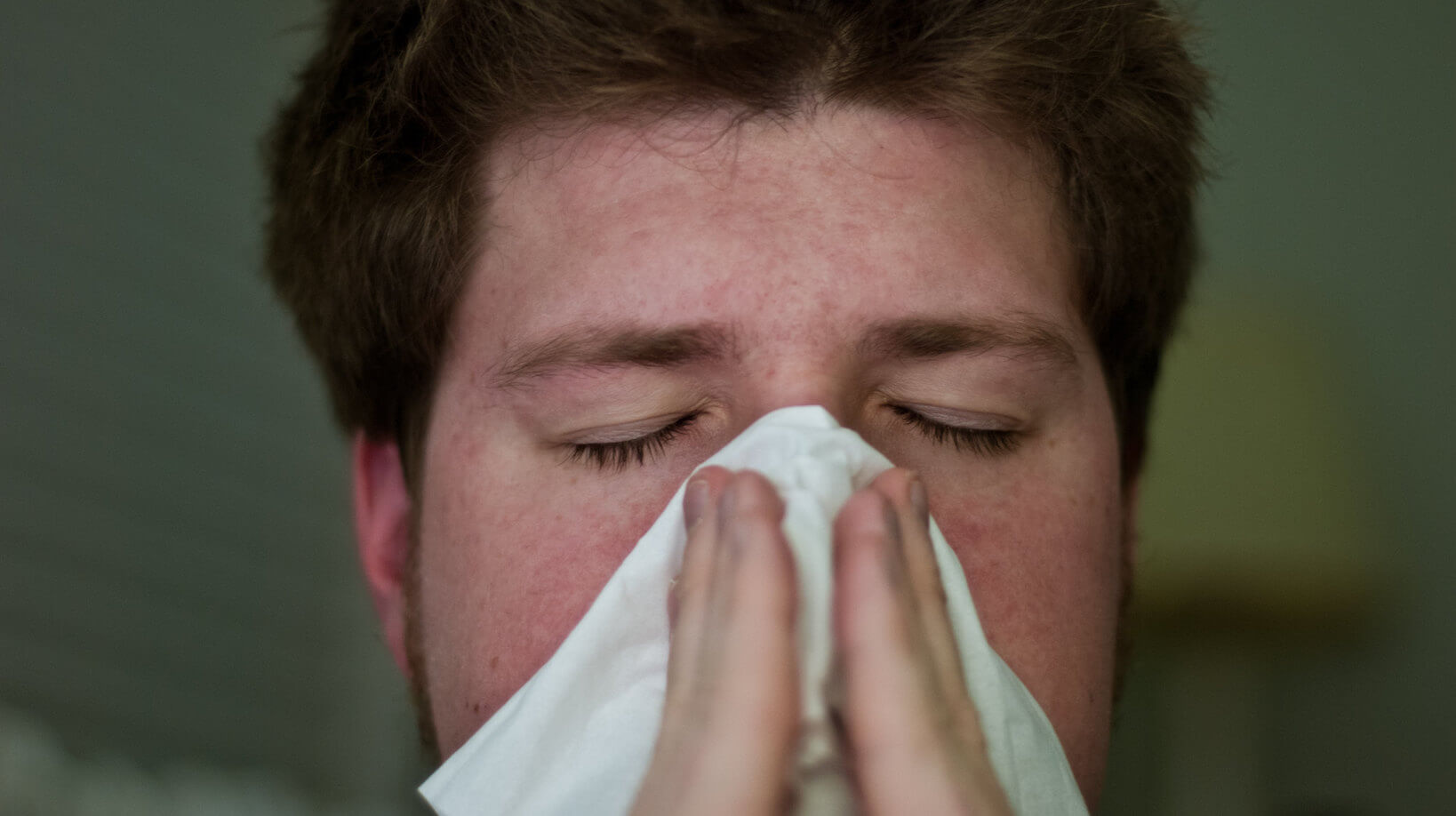
Photo by William Brawley
There won’t be any shortage of lessons to take away from the coronavirus crisis that has sent Iowa and the rest of the United States reeling.
One lesson that deserves plenty of discussion now, rather than months from now, involves sick leave for American workers.
Paying employees to stay home when they are ill is not just an economic issue for employers and employees alike — although it certainly does involve dollars and cents. It’s just good sense.
Paid sick leave — or, more accurately, the absence of paid sick leave — can be a full-fledged public health problem. At times like these, when much of our normal life is shut down, that problem can be a life-and-death issue.
I was fortunate. I spent my working life employed by companies that paid me my day’s wages if I needed to stay home because I was sick.
I didn’t have to worry about having money for next month’s rent. I didn’t have to choose between anxiety over my paycheck and worrying I might contaminate coworkers or customers.
But for far too many Americans — up to 80 percent, by one count — if they don’t show up for work, they don’t get paid. Period. Even if they are sick with coronavirus.
And if they don’t get paid, having money for rent and groceries and child care becomes a huge headache.
Given that untenable choice, it’s no surprise many people report for work when they shouldn’t.
[inline-ad id=”0″]
Sick leave for all workers is not some issue that just surfaced in the few months since coronavirus became a household word. This issue has been around for years.
In 2014, a U.S. Centers for Disease Control and Prevention study found that 20 percent of food service employees had gone to work at least once the year before with vomiting or diarrhea.
That’s not the sort of thing restaurants want to tape to their menus. Nor do they want to announce that the day’s special might be a heaping helping of coronavirus or norovirus. That’s a big cause of food poisoning that sickens about 20 million people every year and kills several hundred.
While paid sick leave is a concern among small businesses, even some wealthy U.S. employers fail to understand the value of not having sick workers waiting on customers, staffing the kitchen or stocking the sales racks.
Some of the largest retailers in the U.S. put their ample profits ahead of public health. I’m referring to you, McDonald’s and Wendy’s. You, too, Applebee’s and Burger King. Yes, you, Walgreens and Kohl’s, American Eagle and Gap.
Democrats in the U.S. House of Representatives insisted the emergency coronavirus legislation they passed last week had to include temporary guaranteed sick leave. But that guarantee means nothing for about 18 million American workers.
That’s because their employers were excluded from the bill because of the large size of their workforce or because the employers have fewer than 50 employees and are small enough to be eligible for waivers from the federal government.
[inline-ad id=”1″]
Democrats went into the bill-writing process with good intentions, but the White House and House Republicans insisted on the exemptions for the biggest businesses and the smallest — even though the language in the legislation provides federal tax credits to compensate the businesses for their sick leave payments.
Make no mistake, sick leave does work. A study by Cornell University researchers measured an 11 percent drop in the number of cases of flu-like illness in businesses after sick leave became available to their employees.
Likewise, other public health and public safety advances through the years — meat inspection, water purification systems, sewage treatment, OSHA laws — have made people safer, even though that has come at a cost.
The lack of sick leave is not some phony issue. Earlier this month, two employees at a Waffle House restaurant in Canton, Ga., tested positive for coronavirus. The restaurant chain said it would pay the two employees and their coworkers while they are quarantined.
But the company refused to commit to offering sick leave for its employees at other restaurants, even though customers might reasonably be expected to avoid Waffle House if they don’t receive assurances the company will pay sick workers to stay home.
“That’s a matter between us and our associates,” a Waffle House official told the New York Times.
Actually, that’s wrong. It’s a matter between all Americans and the businesses we patronize, and Congress should help businesses better understand this delicate relationship.
by Randy Evans
Posted 3/17/20

Big corporations are suing to block Biden’s efforts to lower costs
From the cost of medication to education to everyday expenses, the Biden administration has passed several laws and implemented many federal rules...

Iowa Republicans make outlawing gay marriage key 2024 campaign priority
Iowa Republicans have made outlawing gay marriage a key goal in their 2024 party platform. During the Iowa GOP’s 2024 state convention on Saturday,...

Department of Justice says Iowa immigration law violates US Constitution
If Iowa doesn’t suspend the enforcement of its new immigration law by May 7, the state could face a federal lawsuit, according to the Des Moines...

Rushing: Iowa State president said the quiet part out loud
I want to thank Iowa State University President Wendy Wintersteen for doing us all a favor by finally saying the quiet part out loud: all the...

Iowa sets aside almost $180 million for year two of voucher program
Iowa has committed nearly $180 million in taxpayer funds to support private school tuition in the 2024-25 school year, which is almost $50 million...

Kalbach: Immediate action needed on corporate ag pollution
Iowa agriculture has undergone substantial changes over the past 40 years. We see it all around us. Rather than crops and livestock being raised on...




